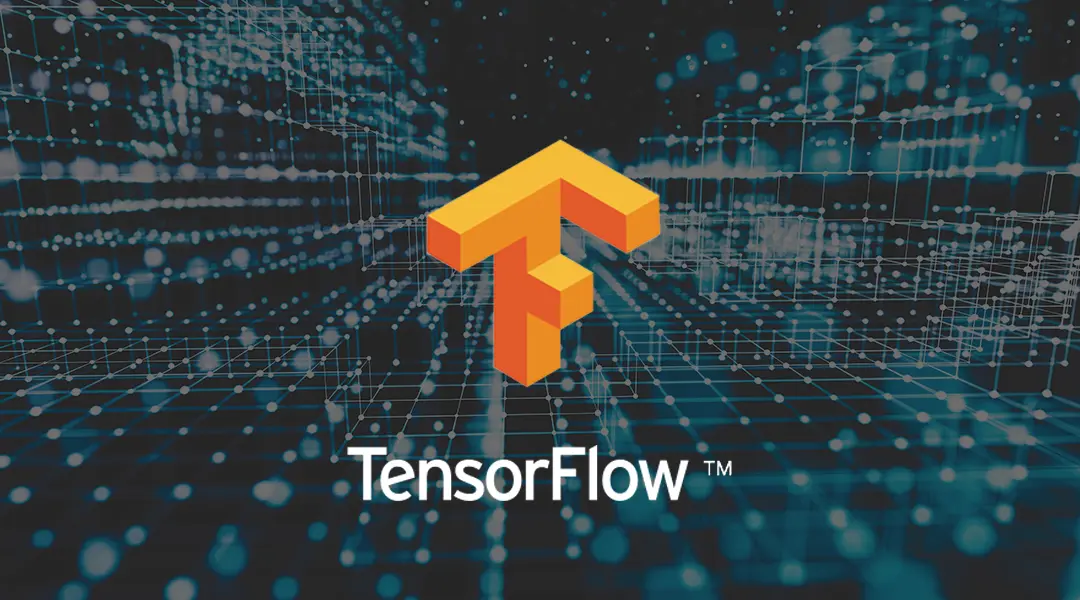TensorFlow Overview
TensorFlow is an open-source library developed by Google for numerical computation using data-flow graphs. It is widely used in machine learning and deep neural network research.
Unlike many libraries, TensorFlow is versatile and works across various platforms, including CPUs, GPUs, mobile devices, and specialized hardware like Tensor Processing Units.
The Background
TensorFlow was created by the Google Brain Team as a deep learning project. It has since been integrated into numerous Google tools, such as Google Assistant, Google Photos, Gmail, and Google Search. By sharing TensorFlow with the public, Google has enabled other developers and businesses to leverage its powerful platform for deep learning.
How TensorFlow Works
TensorFlow uses modules and APIs in Python, C, and C++ to construct and execute computations. It processes data through layers of nodes to uncover increasingly complex information. For example, TensorFlow might identify a basic shape in one node and progressively recognize more specific details, like an eye or a cat, in deeper nodes.
The platform builds a computational graph, a data structure that describes the desired computation. These graphs can be executed immediately or saved and deployed across various platforms. They can also be optimized for different environments, making it easy to train on a powerful system and deploy on a less capable one, such as a mobile device.
TensorFlow Use Cases
TensorFlow has a broad range of applications, including:
- Image recognition (e.g., Google Photos identifying landmarks)
- Voice and sound recognition (e.g., Google Assistant)
- Object tagging in videos
- Self-driving cars
- Sentiment analysis
- Flaw detection
- Text summarization
- Mobile image and video processing
- Drone applications
Key Components of TensorFlow
- TensorFlow.js: Allows model building and training in JavaScript.
- TensorFlow Federated: Framework for decentralized machine learning experiments.
- TF Privacy: Library for privacy-centric machine learning models.
- tf.function: Transforms Python code into high-performance graphs.
- TensorFlow Probability: Combines probabilistic models with deep learning.
- Tensor2Tensor: Provides deep learning models and datasets.
The Impact of Machine Learning
Machine learning, powered by TensorFlow, enhances various business processes by predicting customer behavior, optimizing machine maintenance, automating data entry, detecting spam, analyzing financial data, and more. With the ability to handle large volumes of data and make predictions, TensorFlow is a critical tool for modern businesses.
If your in-house team isn’t equipped to handle TensorFlow, consider partnering with experts who can seamlessly integrate this technology into your applications and services.






